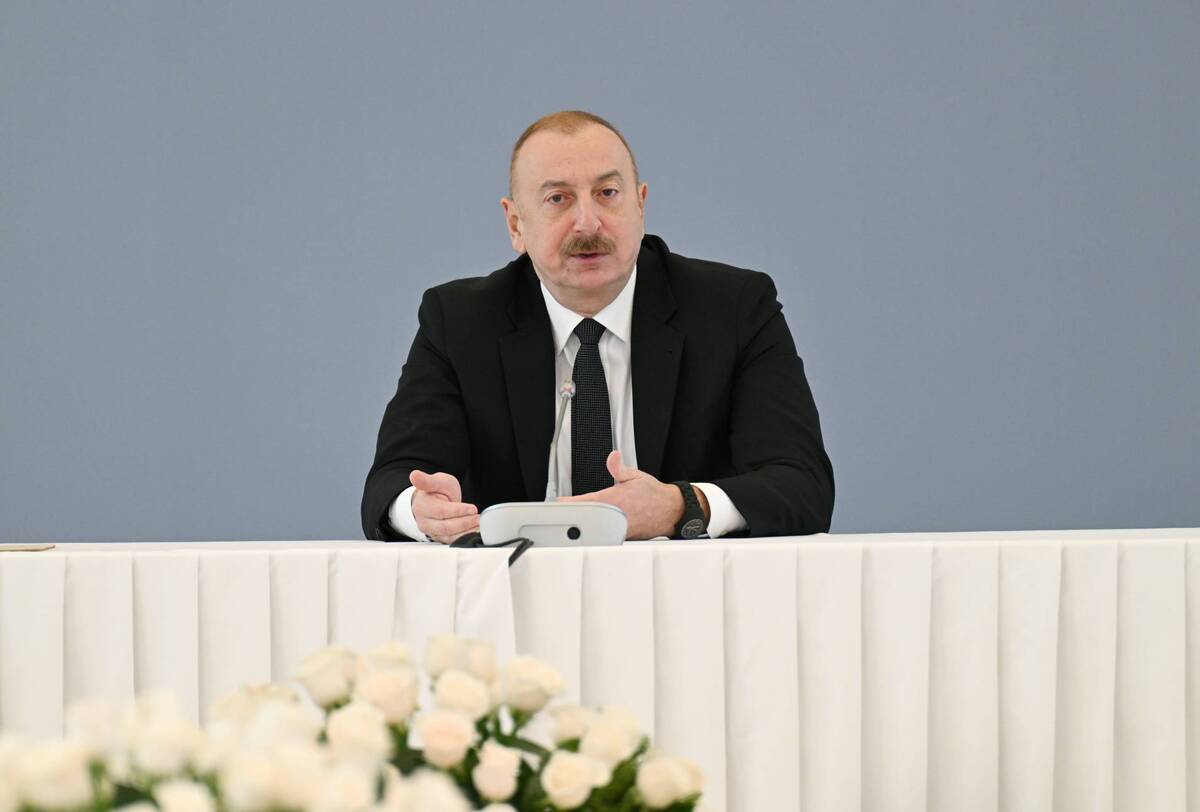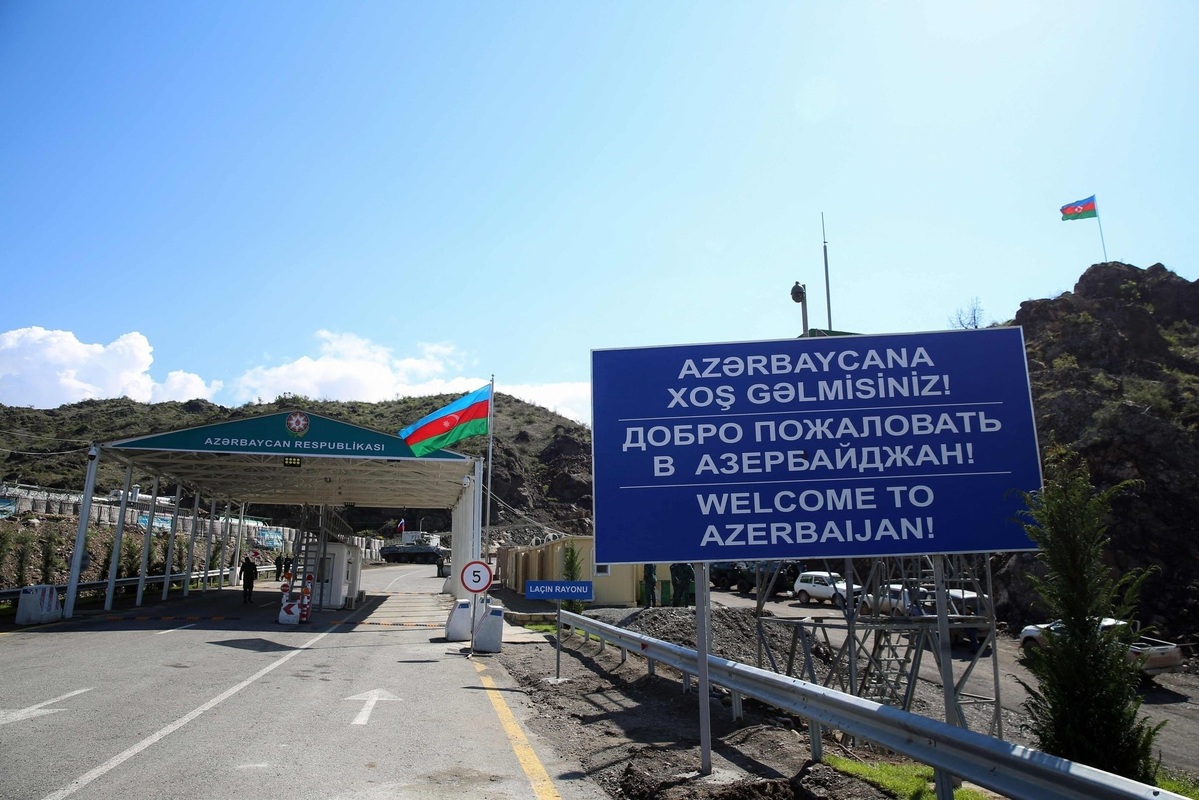- Home
- Back from the Brink in Baluchistan
29 January 2024
Back from the Brink in Baluchistan
Iran and Pakistan have resumed full diplomatic relations after a ten-day break spurred by air strikes in Baluchistan… and despite this weekend’s gun attack in which 9 Pakistanis died in Iran.

Image: Iran MFA/Telegram
On Saturday, 27 January, the Iranian ambassador to Pakistan, Reza Amiri Moqadam, returned to Islamabad while his Pakistani counterpart, Muhammad Mudassir Tipu, re-registered his credentials in Tehran. Both countries hope that this will put a line under serious tensions that have rocked the normally amicable relations between the two neighbouring countries following a series of cross-border air strikes earlier in January.
The immediate cause of the rift, according to Tehran, was Iran’s gripe that Islamabad had been doing far too little to rein in the Jaish al-Adl (Army of Justice), an insurgent group fighting for independence for Baluchistan—the culturally Sunni area which straddles the Iran-Pakistan-Afghanistan border. On 16 July, Iranian missiles and drones hit Koh-e-Sabz village in Pakistan’s Baluchistan Province, which Tehran implied was a base for Jaish al-Adl. However, the unilateral attack caused fury in Islamabad, which decried the lack of notice or coordination with its own security forces (Pakistan itself has suffered attacks by Jaish). Some reports suggested that two children were among up to five people who died in the attack. As a formal diplomatic complaint, Pakistan withdrew its ambassador on 17 January, refused the return of Tehran’s ambassador (for the time being), and launched retaliatory attacks the next day, with missiles landing in the eastern Iranian city of Saravan. Reports suggest between seven and nine died in what Islamabad called “precision strikes” on “terrorist hideouts” of the Baluchistan Liberation Army (BLA).
Like Jaish, the BLA is also an insurgent force espousing the course of Baluch (also written Baloch) independence—a long and complex issue that can be traced back to India’s post-WWII partition… and before that through the history of the Khanate of Kalat, which initially declared independence rather than join Pakistan in 1947. The unresolved situation, combined with low levels of development in Baloch areas of both Iran and Pakistan, has led to a low-level conflict that has rumbled on for decades with notable upticks since 2003. However, this month’s air strikes were unique. For one thing, cross-border attacks by state actors are typically acts of war. Still, it’s also important to consider the context of wider conflict in the Middle East. Many observers have linked the attacks with Iran’s wider reprisals following the double suicide-bomber attacks, which killed over 90 people in early January in the southeast Iranian city of Kerman. Islamic State claimed the Kerman attacks, but some Iranian reactions suggest that Tehran indirectly blames the U.S. and Israel for encouraging the attack as part of the complex geopolitical tussle which has become ever hotter since the start of the Gaza war.[1] One theory is that Iran’s reaction, in part with the show of force in Pakistan, was to deter neighbouring countries from backing what Tehran sees as a coalition of powers against it. Pakistan’s riposte to Iran’s strike was widely seen as “necessary to save face,” but the swift return to comparative diplomatic normality suggests a desire to “patch things up as quickly as possible.” Islamabad issued statements calling the two nations “brotherly countries,” and messages urging cooperation were echoed by similar statements from Iran. This, suggests the New York Times, might be partly because Pakistan is “in no position to fight a war,” but suspicions remain that there might be further provocations ahead trying to derail Iran-Pakistan relations. This was brought home particularly this Saturday (27 January) when “unknown gunmen” killed nine Pakistani citizens in Saravan (Iran). The circumstances of the attack remain somewhat mysterious, and the Pakistani ambassador’s statement after the tragedy was diplomatic. However, the situation remains dangerously prone to escalation.
[1] U.S. sources strongly refute any such ideas, and American news outlets even claim that the White House had tried to send a warning of the coming attack as an “olive branch” to Tehran.
Read this next





